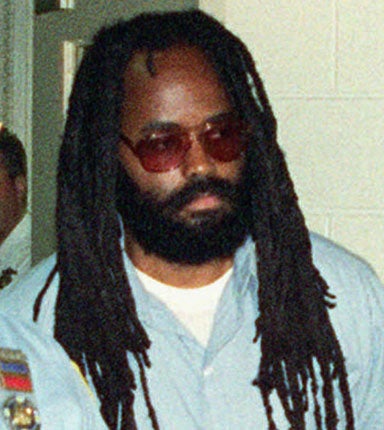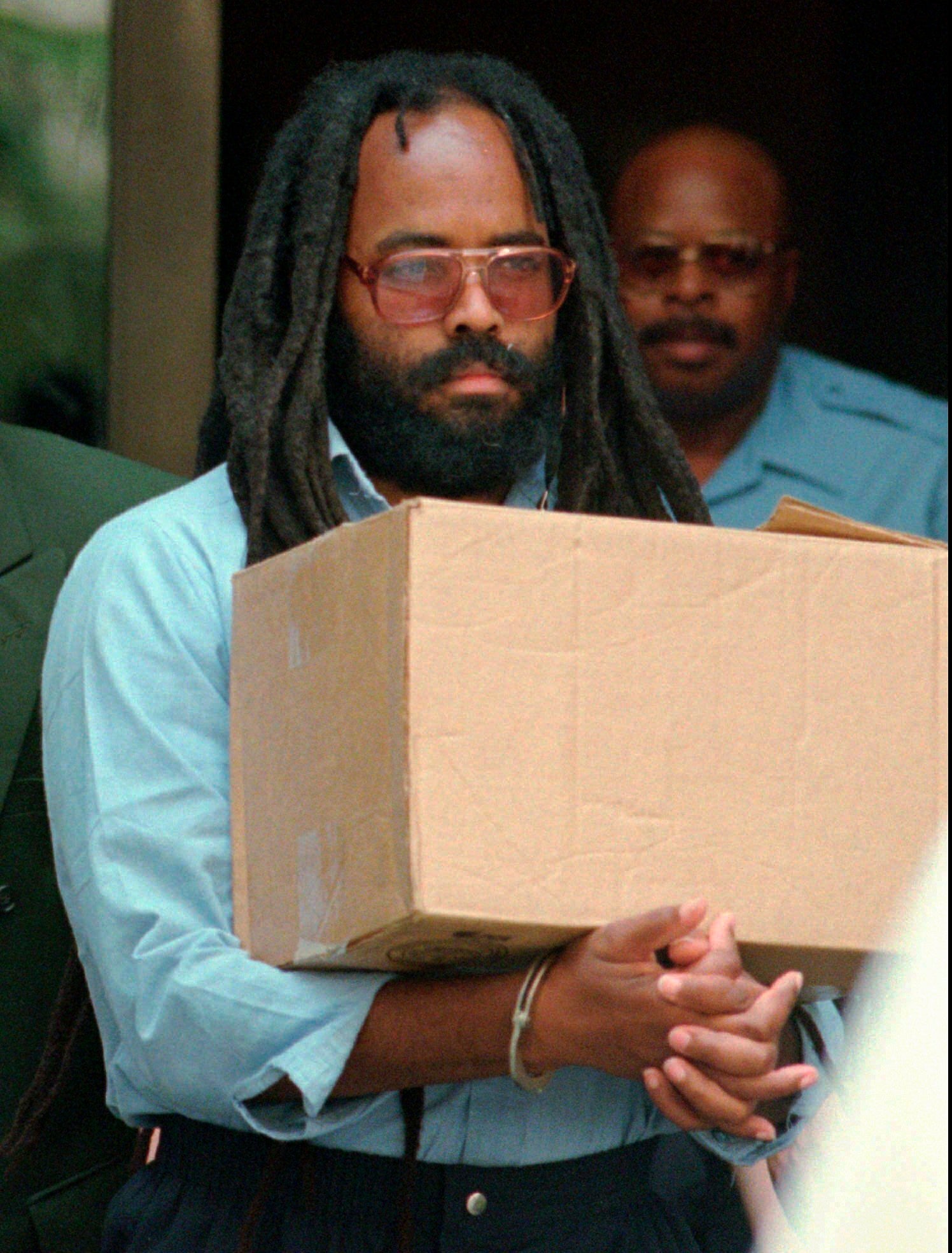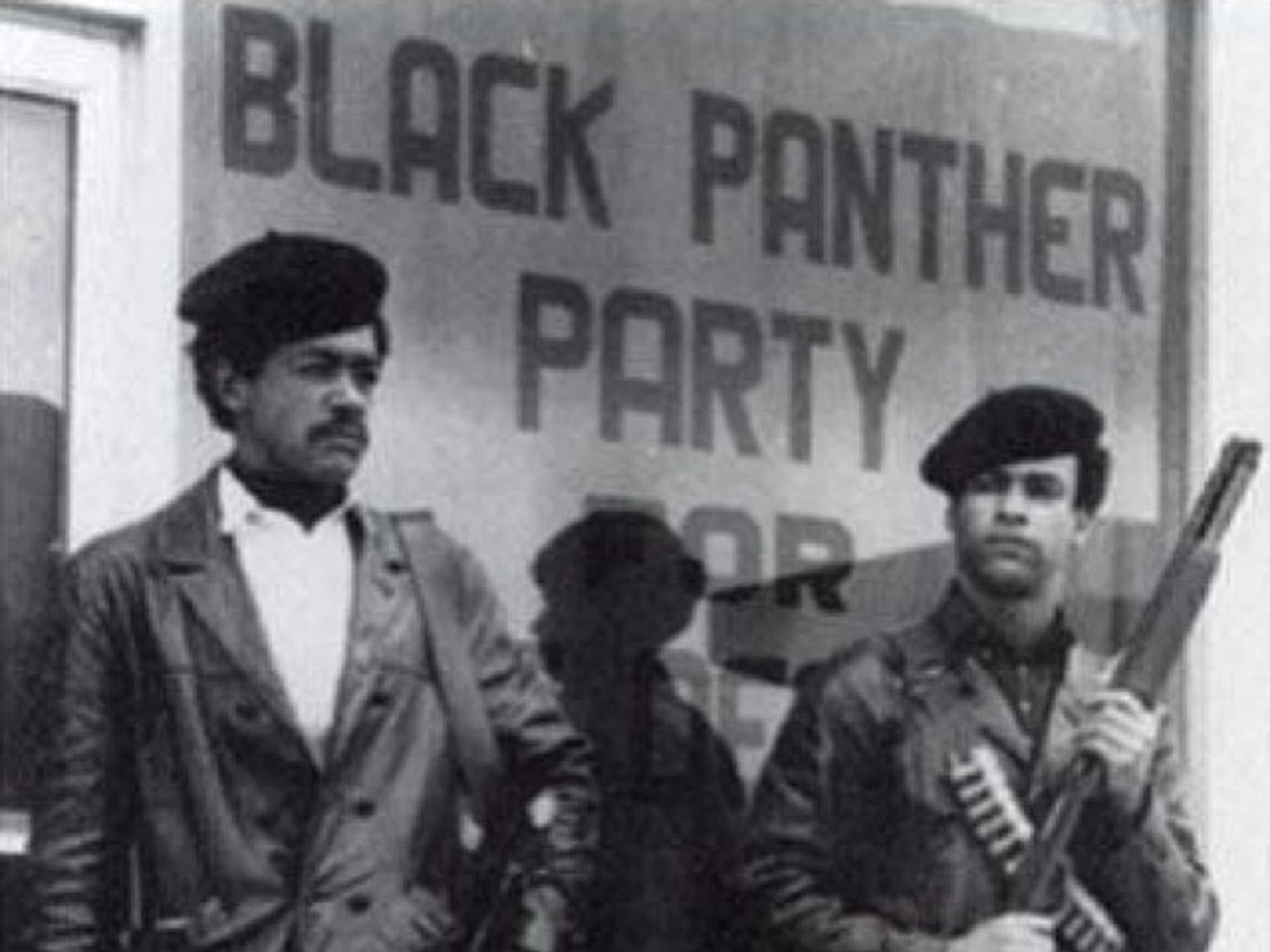How a new piece of evidence could free famed Black Panther convicted of killing police officer
Mumia Abu-Jamal, originally sentenced to death, has been fighting his conviction for over 40 years. Now there are claims that new evidence could clear his name. Josh Marcus reports


On Wednesday, a Philadelphia court was set to consider whether newly discovered evidence should prompt a new trial for Mumia Abu-Jamal, a prominent former Black Panther and journalist who has been in prison for more than 40 years for the 1981 murder of a white Philadelphia police officer.
"I was 25 when my husband was murdered," Maureen Faulkner, widow of slain officer Daniel Faulkner, said on Tuesday during an appearance with Republican Senate candidate Dr Mehmet Oz. "Tomorrow I will be out, I have to go to court again, for this case. How many years will it take to keep this man behind bars? How many years will it take for the people of Pennsylvania and Philadelphia to realize this is wrong, victims cannot go through this for so many years of their lives."
Outside the courtroom on Wednesday, supporters of the Black liberation activist assembled.

"This is long overdue to see our brother Mumia come home. He’s been in there longer than I’ve been alive. You know, so to know that all of the evidence points in a different direction, outside of had his guilt, yes, time to bring him home. So it is time to give him a new case," supporter Rafael Outland told CBS News.
Abu-Jamal, 68, born Wesley Cook, was involved in the Black liberation movement throughout the 1960s, ‘70s, and ‘80s with the Panthers as well as the Philadelphia-based group MOVE. In 1982, he was given a death sentence for the shooting death of Officer Faulkner.
Police say Abu-Jamal opened fire on Officer Faulkner on the early morning of 9 December, 1981, in Philadelphia, as the policeman stopped the activist’s brother William. Meanwhile, Abu-Jamal, who has always maintained his innocence, said he saw his brother dazed and staggering in the street, then officers began shooting at him, and someone else killed Officer Faulkner.
The activist’s lawyers say the trial that sentenced Abu-Jamal was riddled with errors, and that six previously undisclosed boxes found in a storage room in the Philadelphia District Attorney’s Office in 2018 shed new light on the case.
They argue that the files contain a handwritten note from one of the state’s two key witnesses, Robert Chobert, to prosecutor Joseph McGill, which raises the possibility of improper incentives for testimony.

“I have been calling you to find out about the money own (sic) to me,” the note reads. “Do you need me to sign anything. How long will it take to get it.”
The state insists this exchange refers to Chobert seeking compensation for lost wages incurred by testifying.
The trove of evidence also contains Mr McGill’s notes during jury selection, according to the attorneys, where he placed a large “B” by any juror who was Black. During jury selection, of the 15 people struck from the jury pool, 10 were Black. It is illegal to strike people from a jury on the basis of their race.
Supporters of the “Free Mumia” movement also point to other problems with the conviction.

One of the state’s eyewitnesses, who said Abu-Jamal wasn’t the shooter, was never called to testify, and later said police forced him to tear up his original witness statement. The official who conducted the autopsy of the slain officer eventually cast doubt on their original finding that a bullet from Abu-Jamal’s pistol was found in the policeman. An original police report about Abu-Jamal made no mention of a purported confession to the the shooting, though the officer who filed the report later said he heard the activist confess.
In 2001, the original death sentence was overturned on appeal, and by 2011 Pennsylvania prosecutors ceased seeking the death penalty, as some witnesses had died and others were no longer willing to testify. Abu-Jamal, who suffers from a number heart conditions, is now serving a life sentence without parole.

In 2000, Amnesty International reviewed the conviction and found “numerous aspects of this case clearly failed to meet minimum international standards”.
Despite being behind bars, Abu-Jamal has gained notice as a writer, for works like his collection Live from Death Row.
The Independent and the nonprofit Responsible Business Initiative for Justice (RBIJ) have launched a joint campaign calling for an end to the death penalty in the US. The RBIJ has attracted more than 150 well-known signatories to their Business Leaders Declaration Against the Death Penalty - with The Independent as the latest on the list. We join high-profile executives like Ariana Huffington, Facebook’s Sheryl Sandberg, and Virgin Group founder Sir Richard Branson as part of this initiative and are making a pledge to highlight the injustices of the death penalty in our coverage.



Bookmark popover
Removed from bookmarks